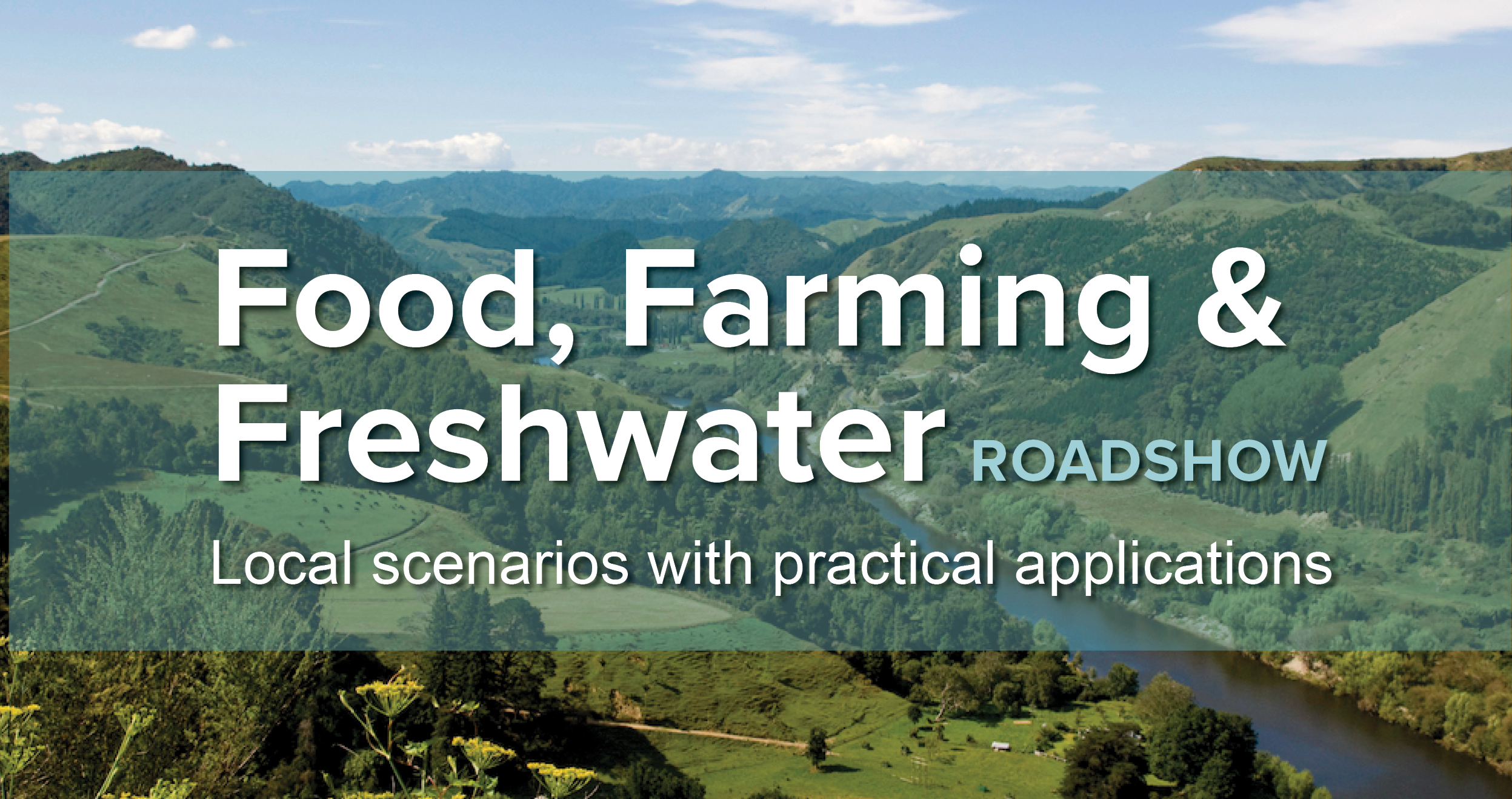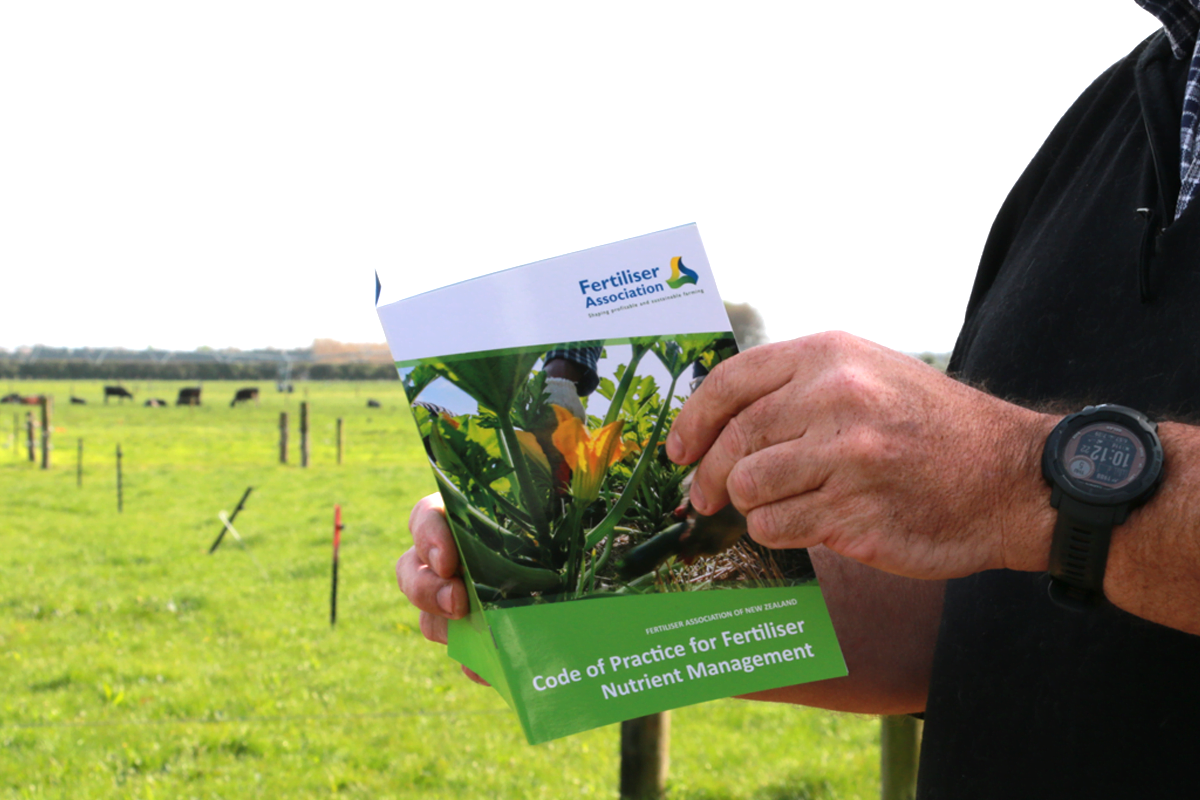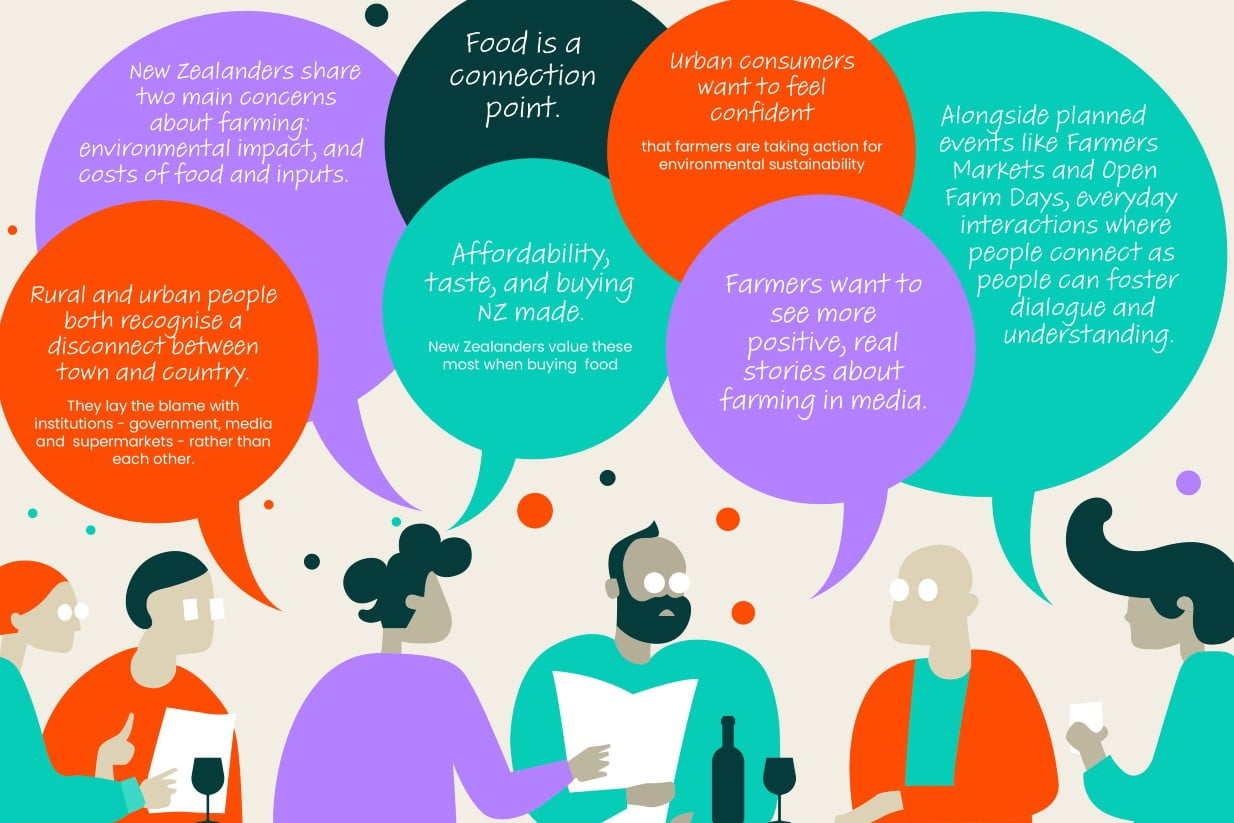Our People
Our Land and Water has established a sound governance and management structure that supports collaborative ways of working at all levels
This includes a network of external advisory groups that include industry stakeholders, independent national and international science advisors, and parties to the collaboration agreement.
Directorate
Dr Jenny Webster-Brown
Director, Our Land and Water
Professor Rich McDowell
Chief Scientist, Our Land and Water
Naomi Aporo
Kaihāpai Māori, Our Land and Water
Michelle van Rheede
Operations and Contracts Manager, Our Land and Water
Annabel McAleer
Communications Manager, Our Land and Water
Shareen Hudson
Communications Advisor, Our Land and Water
Mark Woods
Rural Engagement Advisor, Our Land and Water
Katja Bradley
Administrator
Science Leadership Team
The Science Leadership Team is responsible for overseeing the quality and impact of science undertaken by the Challenge. They work with the Directorate and research leaders, and contribute to the ongoing development of research priorities and strategy.
Science Theme Leader, Future Landscapes
Expertise: Director, Farm Environmental Consulting
Dr Bill Kaye-Blake
Science Theme Leader, Incentives for Change
Expertise: Principal Economist, New Zealand Institute of Economic Research
Helen Percy
Science Theme Leader, Pathways to Transition
Expertise: Strategy Lead and Senior Scientist, Practice Change, AgResearch
Dr Selai Letica
Ngāpuhi, Ngāti Porou, Tagata Pasifika
Kaiarataki, Our Land and Water
Expertise: Tumuaki/Director, Orangahau Māori and Environmental Science Research
Governance Group
Given the central importance of te ao Māori and Māori knowledge systems in achieving the Our Land and Water objective, in 2019 the Our Land and Water Board and the Kāhui Māori advisory group were merged into a single governance group. Members have a broad range of expertise from various industries throughout Aotearoa.
Hōne McGregor
Chair
Hōne is the former Chief Executive of the Royal Forest & Bird Society (2013–2016). He is currently a director for two leading Māori businesses, Wakatū Incorporation and Kono NZ, and is Chair of the Manawatū Kukutauaki Trust and Volunteer Service Abroad. He also serves on the Government's Trade for All Advisory Board and the Federation of Māori Authorities Executive, representing Te Tau Ihu o Te Waka a Maui members. Hōne is currently undertaking a PhD in Māori enterprise and cultural capital.
Hilton Collier
Ngāti Porou
Hilton is a farm management consultant with more than 35 years of experience, particularly in the Hawkes Bay and East Coast areas, where he has strong links to Māori agribusiness. Founding shareholder of Agfirst, Hilton is a Trustee for Tarawhiti Land Development Trust and is involved with Firstlight (Wagyu beef) and The New Zealand Merino Company. Hilton has a Bachelor of Agricultural Science from Lincoln University.
Gillian Wratt MNZM
Gillian is a former Chief Executive of Cawthron Institute (2006–2012), Chief Executive of Antarctica New Zealand (1996–2002), and Director of the New Zealand Antarctic Programme (1992–1996). Gillian has also been an environment negotiator for New Zealand free trade agreements, and was the Establishment Unit Convenor for the Crop and Food Research Institute. Gillian is a current Board member of the New Zealand Environmental Protection Authority and chairs the Steering Group for the Antarctic Science Platform, and has several not-for-profit Board roles.
Andrew Watene
Tūhoe
Andrew is an Associate Director at KPMG and has a multifaceted role in the food and agribusiness sector, developing and positioning KPMG New Zealand's agribusiness strategy with KPMG's Global Head of Agribusiness. Originally from the Bay of Plenty, Andrew returned to New Zealand in 2017 after a 20-year career in the food industry, with 15 years working in Asia, Africa, the America’s and Europe. He works with organisations in the primary industries, especially those who identify as being Māori or export-orientated.
Iain Maxwell
Iain is the Integrated Catchment Management Group Manager at Hawke's Bay Regional Council, which covers environmental science, environmental information, catchment management, biodiversity and biosecurity. Iain has been working in the management of freshwater resources for over 25 years. Before joining Hawke's Bay Regional Council in 2011, he worked with Cawthron Institute as a Senior Freshwater Ecologist, Fish and Game New Zealand as a Regional Manager, and with the Department of Conservation.
Jo Davidson
Jo is an independent director of Kono NZ and Pāmu (Landcorp Farming) and was on the board of AUT Ventures for five years. With a senior executive and business advisory career focussed on adding value to the primary and food and beverage sectors, Jo brings global marketing, brand and consumer expertise to the Our Land and Water Board. She has worked in Australia, South Africa and Europe with project experience in Asia and the US. Jo has a Bachelor of Horticultural Science from Massey University.
Cheyenne Wilson
Tūhoe, Ngati Awa
Having been involved in the dairy sector for most of her life, including managing a 600-cow dairy farm in Culverden, Cheyenne is now working with DairyNZ as a Graduate Māori Relationship Partner. She is about to complete her Bachelor of Environment and Society degree at Lincoln University. Cheyenne is chair of the Food and Fibre Youth Network and is passionate about supporting rangatahi to enter and thrive in the primary sector.
Science and Stakeholder Advisory Panel
Our Science and Stakeholder Advisory Panel is made up of local and international experts. They ensure Our Land and Water research is of high scientific quality, of international relevance and has the potential to be innovative and of high impact, through robust review of research plans and science strategy.
Professor Maggie Gill
Chair
Maggie is Chair of the Independent Science and Partnership Council of the CGIAR, a global partnership of agricultural research centres. She is a Professor of Integrated Land Use at the University of Aberdeen. Maggie was formerly the Chief Scientific Advisor, Rural Affairs and the Environment, to the Scottish Government. She has expertise in global foresight and international sustainable systems.
Dr Andrew Ash
Andrew has recently retired as Chief Research Scientist in CSIRO Agriculture and Food, and has extensive research experience in agricultural systems with particular emphasis on developing management systems to improve profitability and environmental outcomes for rural communities. He also has taken national leadership roles in adapting Australia to the impacts of climate variability and change.
Professor Laurens Klerkx
Laurens is a Professor at Wageningen University in the Netherlands, with strong academic experience in agricultural transitions. He also has a good understanding of the New Zealand primary sector context.
Anake Goodall
Anake has an extensive knowledge of, and a keen interest in, social innovation and iwi governance. He has previously served as CEO of Ngāi Tahu, and has experience in developing innovative solutions to community challenges.
Dr Benjamin Dent
Dr Dave Clarke
Dave has recently retired as Principal Scientist from DairyNZ. He has extensive experience and expertise in primary sector issues and research needs, and his own research focussed on feed production, the environmental impacts of intensification and the social and labour aspects of dairy farming.
Dr Tony Petch
Tony is an honorary lecturer in environmental science at the university of Waikato. He is an independent consultant (Tony Petch Consulting Ltd), and was formerly with Environment Waikato. He has expertise in environment and catchment science
Dr Jane Kitson
Ngāi Tahu, Ngāti Mamoe, Waitaha
Jane is an ecologist and environmental scientist with a background in traditional ecological knowledge research. She has worked in a range of research and management projects, including as a scientist at Environment Southland, Southland Regional Council.
 View Our Strategy Document 2019 – 2024
View Our Strategy Document 2019 – 2024


